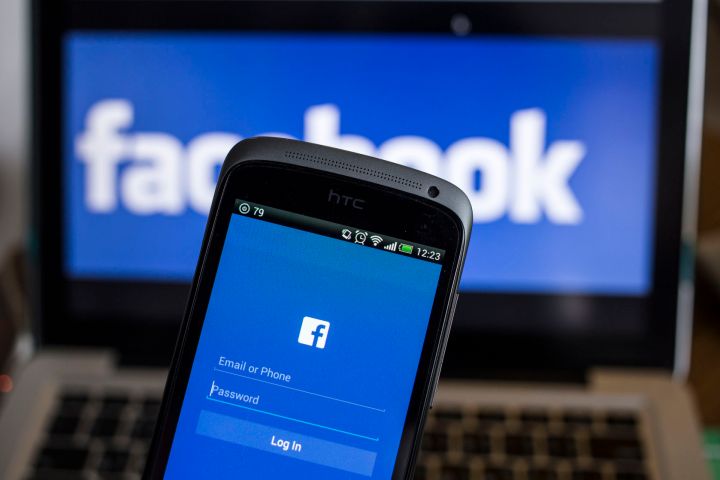
According to an investigation and subsequent report from Fortune, the two Silicon Valley, California-based firms were swindled into paying a 48-year-old Lithuanian man more than $100 million.
So what happened? That man, Evaldas Rimasauskas, allegedly planned and executed an elaborate scheme that involved posing as Quanta Computer, a Taiwanese electronics manufacturer whose clients include, you guessed it, Google and Facebook. According to the U.S. Department of Justice, Rimasauskas carried out his crime over the course of two years, forging email addresses, invoices, and corporate stamps.
And it worked.
Rimasauskas successfully defrauded accounting departments at both Google and Facebook, convincing them to transfer tens of millions of dollars to what they thought was Quanta Computer. And by the time either company realized what was going on, the thief had stored over $100 million in bank accounts all across Eastern Europe.
In a statement, Facebook noted, “We recovered the bulk of the funds shortly after the incident and have been cooperating with law enforcement in its investigation.” Google echoed these sentiments, saying ia had “detected this fraud against our vendor management team and promptly alerted the authorities. We recouped the funds and we’re pleased this matter is resolved.”
As for Rimasauskas, the Lithuanian national denies any charge of wrongdoing. “Mr. Rimasauskas cannot expect a fair and impartial trial in the USA. The uncertainty is further increased taking into account the behavior of FBI agents during the interrogations of Mr. Rimašaukas, frightening him with long years in U.S. prisons, and the transfer of computers to U.S. law enforcement officials, which was made without the presence of the owner,” his lawyer, Linas Kuprusevičius, wrote in an email to Fortune.
Editors' Recommendations
- Hackers target your holiday shopping with new phishing scam
- Google has an ingenious plan to kill cookies — but there’s one big drawback
- Leading Dem says Apple, Google, Facebook, and Amazon have ‘monopoly power’
- Amazon, Apple, Facebook, and Google will testify before Congress in July
- Australia will force Facebook and Google to share ad revenue with local media


